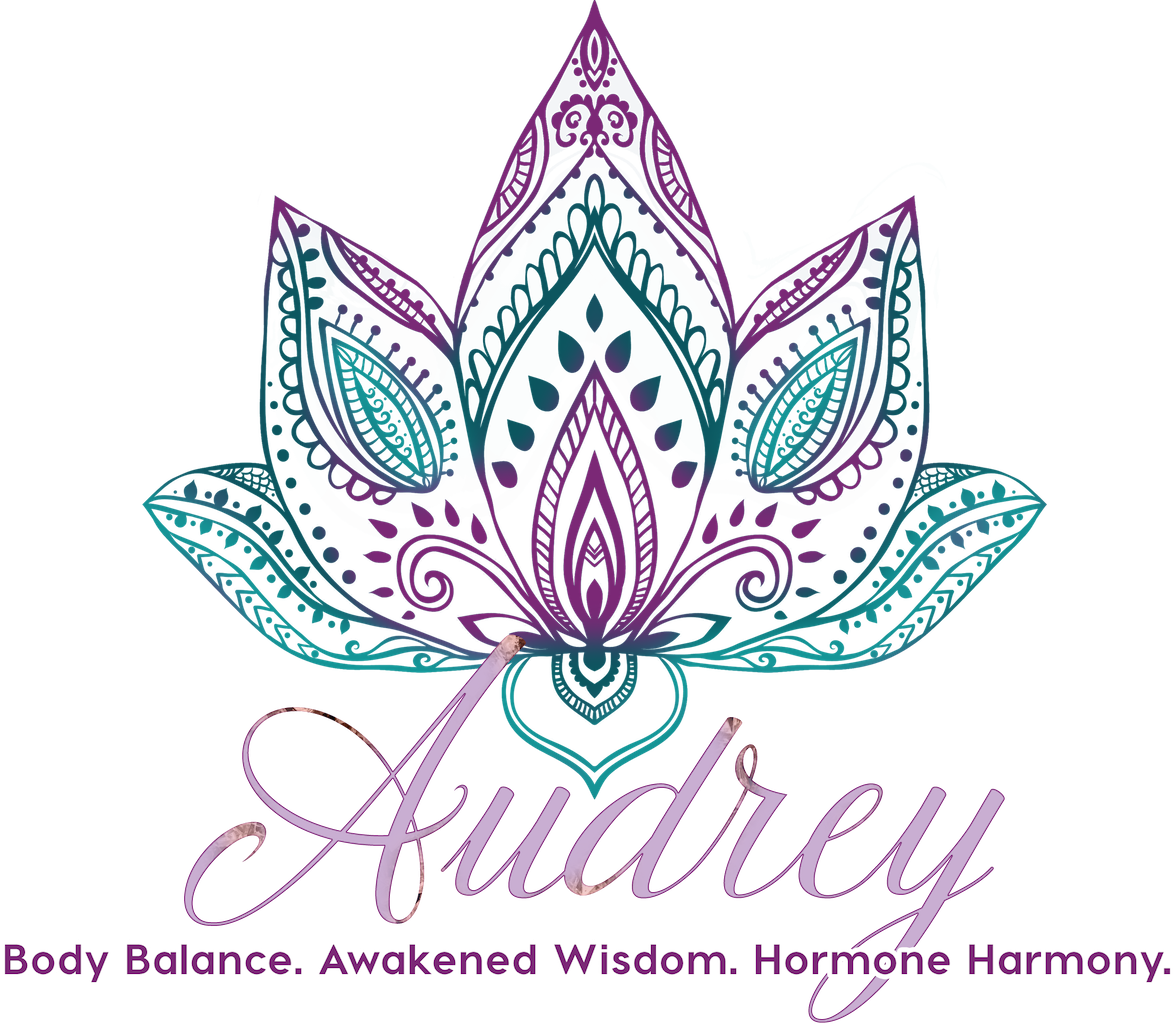As a certified Women’s Health & Nutrition Coach, I have studied and now share (within my practice) an incredible amount of knowledge and wisdom around working with the body’s natural rhythms and cycles to not only be more productive, but to truly be present in every moment — I teach my clients how to leverage their body’s natural rhythms so that they can feel great, be more productive and live with purpose and joy. And, although I’ve always had a passion for health and wellness, there was a time when I felt out of sync with my body’s natural “tempo”. My health journey grew out of a deep need to understand how I could join forces with my body—I set out to fine-tune my mind, body and soul connection. If you are interested in creating more harmony—mind, body, soul—while also maximizing your productivity, please read on.
Understand YOUR Biology. Maximize YOUR Productivity.
General Principles
You’ve probably read articles that discuss the advantages of doing particular activities at particular times of the day, but do you understood why? Through my extensive certification and training process, I’ve had the privilege of learning how one can use their own physiology (a branch of biology) to hack life, health and productivity. As an employee from a big corporation, this process (of levering my physiology) helps me stay on track with my life in the office, and as an entrepreneur—helping me to plan my activities (marketing, sales, writing, public speaking, etc.) at the best times for maximum impact.
About Stress
Before you can understand how to work with your own natural rhythms, it is important to first understand the factors that can disrupt natural rhythms (within your body). Stress is a biological reaction that affects you physically. Here’s how:

As you can see, stress is linked to more than just sweaty palms and an increase in perspiration. Therefore, it’s important to understand how to respond to stress. When you respond with intention and awareness, your body will thank you. SO, when you are triggered by a stressful event—looming deadline, conflict with a friend or family member, etc.—pause and ask the following questions: What’s stressing you (acknowledge it by writing it down, speaking it aloud—do something to “name” it)? Ask yourself whether it is something you should really be stressing about? What do you have power over? What don’t you have power over? Then, step back. Take a moment to brainstorm a plan of action. Refocus on priorities. Taking control (of your thoughts) will help you take the edge off.
About Food
Food is another factor that can interfere with the ebb and flow of your body’s natural cadence. However, food, unlike stress, can also enhance your body’s innate rhythm and motion. Take a look:

The speedier the digestion process, the less time there is for issues—gassiness, bloating, and fermentation — that could slow you down (and decrease productivity).
And, just as there are foods that can speed up digestion, there are also foods that can slow it down.

These foods can cause inflammation—which is the root cause of many diseases and disorders. So it’s important to limit your intake. Remember: You are what you eat! Therefore, eat well and you will be well (and more productive).
Circadian Rhythms
What you choose to eat, and how you respond to stress, plays a significant role in your productivity. When you leverage these elements (for your benefit) and work with your body’s natural rhythms—known as circadian rhythms—you maximize productivity. So, what are these natural rhythms? Glad you asked! 🙂
Circadian rhythms are the physical, mental and behavioural changes that follow a 24-hour cycle—they are responsive to the light and darkness patterns within an organism’s environment (National Institute of General Medicinal Sciences).

Your hormones are hugely important (as you can see) in regulating your body’s natural rhythm. Therefore, working with your natural cycle (e.g. making important decisions early in the day—when cortisol is at its highest, working out after 5 pm—when testosterone is at its peak, etc.) maximizes productivity. And, don’t worry; you don’t need to follow this schedule “verbatim.” While it is important to be aware of (and work with) your body’s natural tempo, it is also a good idea to be realistic and only take on what you know you can process/handle—take baby steps, be gentle with yourself. What can you start doing, today, that is going to create lasting and sustainable change?—Remember, as Harry Truman said: Imperfect action trumps perfect inaction.
Befriend Your Biology
Maybe that first step (or continued process) of befriending your biology begins with instituting a “Work/Rest Cycle”:

The more you work with your body’s natural cadence, the more you will increase your productivity— matching your work and meeting schedule to your body’s powerful and natural rhythms can have a huge impact on your workflow—it’s more than “new-agey,” it’s biology.
Goals Setting

Setting goals is more than half the battle! Therefore, write down your goals, review them regularly, and take action. Your body is an amazing composition—complete with crescendos, decrescendos, and interludes (remember: rest/taking breaks allows you to reset and recharge).
